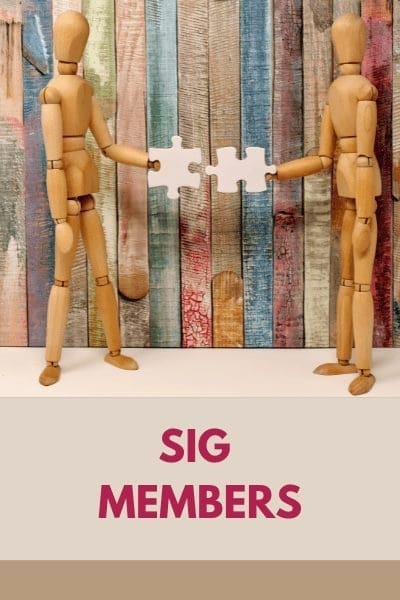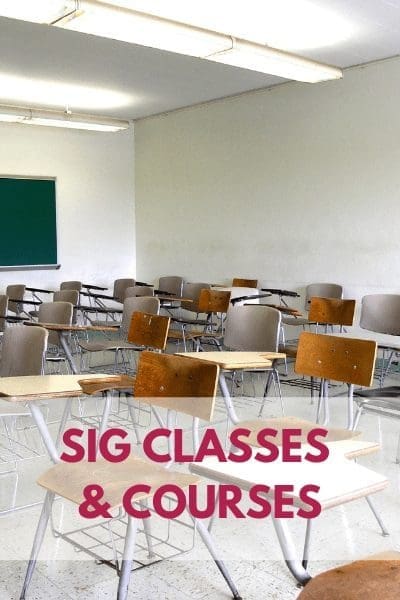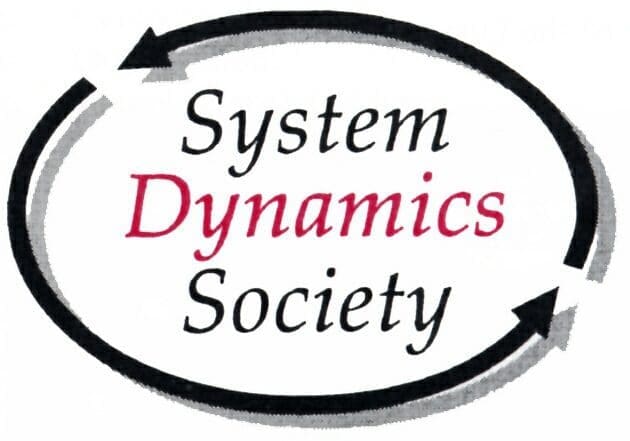Housing Special Interest Group (SIG)
Join us to analyze housing systems, develop early problem recognition skills, and evaluate policy impacts using System Dynamics and systems thinking!
Edit your profile and select the SIG to join. Not a Society member? Create a free account to join the SIG.
UPCOMING
SIG EVENTS
SIG BLOG
Learn more about the latest developments in the transportation field and how System Dynamics and systems thinking make an impact.
SIG RESOURCES

A starter package for Housing System Dynamics Modeling. The package contains:
– A description of three possible modeling challenges for students
– Introductory and technical sheets for lectures
– Several supporting materials, e.g. papers regarding content
– Several template models in vensim
Whoops, this pakage is available for members only. Please login to verify. If you’re not a member, purchase a membership here.
Housing courses using System Dynamics. Add courses.
Explore housing-related models. Add models.
Access past SIG meetings. Watch SIG youtube recordings.
referral
The Society offers a referral service to match members offering services with those looking to learn or apply systems thinking or System Dynamics. Fill out the form to show your availability.
Looking for a Systems Consultant? Fill out this form and we will follow up with a call and, soon enough, the right person for the job.
Learn more about our Training Services and Consulting Services available to meet your needs.
HOUSING FRIENDLY
Friendly journals to publish your System Dynamics, transportation-based work. Check out “Publisher” in our bibliography to find further publishing options.
The T-SIG supports and promotes System Dynamics threads in a number of conferences and other events.
SIG GOALS & HISTORY
The Housing SIG was approved in April 2022. Check out the charter to learn more about it.
The purpose of the SIG is to focus on understanding the housing system, with three long-term goals in mind:
– The promotion of system dynamics as a tool to analyze housing systems and policy.
– The development of a repository of case studies, models and other resources for practice and teaching.
– To work as a group to spread the use of system dynamics through the housing community both in practice and in academia – via for example workshops, targeting housing-related conferences and journals, and developing case studies with policy impact.










